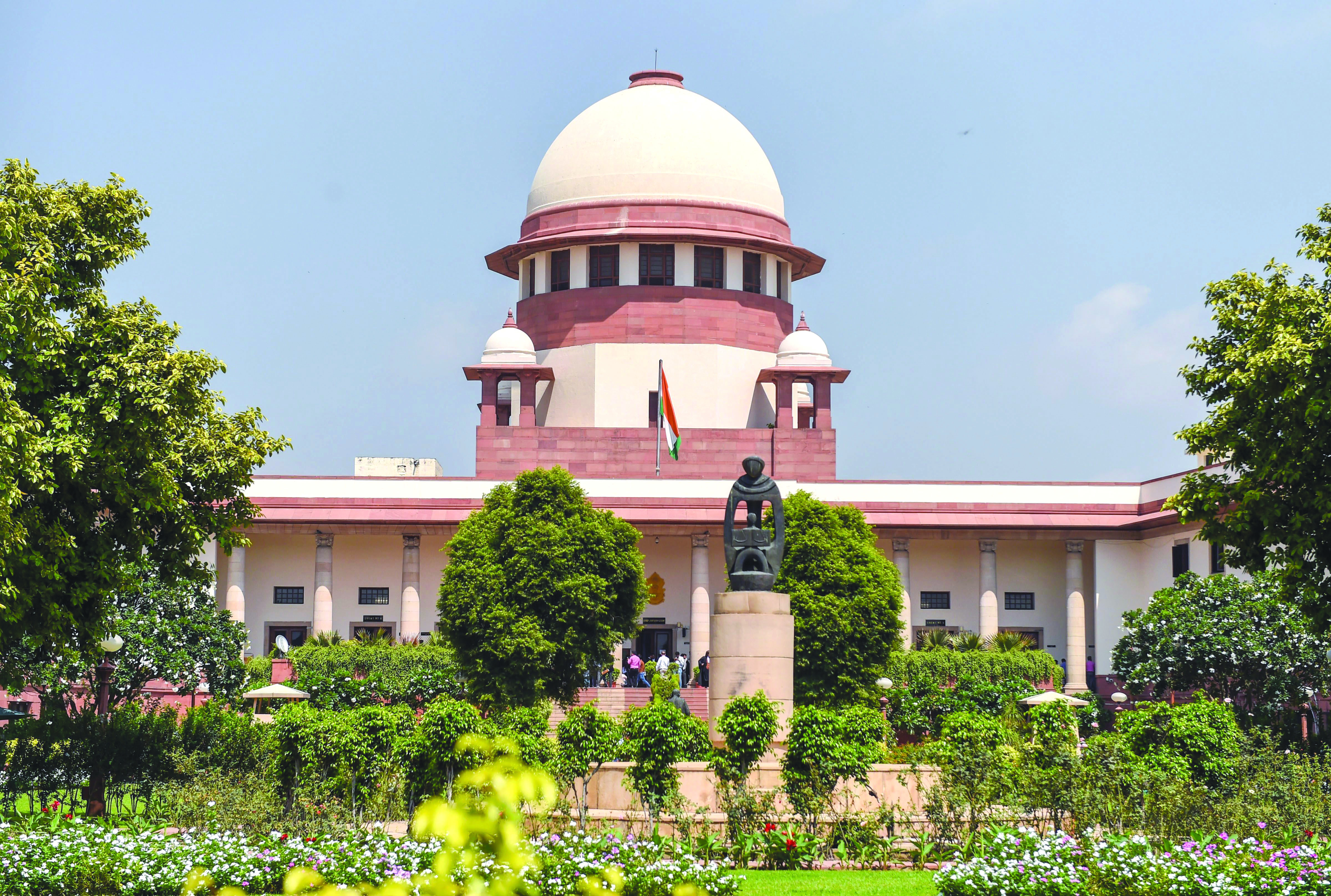SC directs district courts to digitise all records of criminal trials and civil suits

New Delhi: Observing that technology has increasingly enmeshed with the systems of dispute resolution, the Supreme Court has directed district courts to digitise all records of criminal trials and civil suits.
A bench of Justices Krishna Murari and Sanjay Karol noted that the E- committee of the Supreme Court had issued an SOP for digital preservation on September 24, 2021.
The top court said a robust system of responsibility and accountability must be developed and fostered in order to ensure the proper protection and regular updation of all records facilitating the smooth functioning of the judicial process.
“Technology has, in the present time become increasingly enmeshed with the systems of dispute resolution and adjudication with the trends pointing to all the more interplay, both supplementary and complimentary between technology and law.
“The Registrar General of the high courts shall ensure that in all cases of criminal trial, as well as civil suits, the digitisation of records must be duly undertaken with promptitude at all district courts, preferably within the time prescribed for filing an appeal within the laws of procedure,” the bench said.
The apex court also directed the district judge concerned to ensure that the records so digitised are verified expeditiously once the system of digitisation along with the system of authentication of the digitized records is in place.
“A continually updated record of Register of Records digitized shall be maintained with periodic reports being sent to high courts concerned for suitable directions,” it said. The apex court’s direction came while setting different religions or castes. It governs a civil marriage where the state sanctions the marriage rather than the religion.
Section 5 of the Act says when a marriage is intended to be solemnised under this law, the parties to the marriage shall give notice in writing in the form specified in the second schedule to the marriage officer of the district in which at least one of them has resided for a period of not less than 30 days immediately preceding the date on which such notice is given.
Similarly, section 7 of the 1954 law deals with objection to marriage and says any person may, before the expiration of 30 days from the date on which any such notice has been published, object to the marriage on the ground that it would contravene one or more of the conditions specified in section 4, which pertains to conditions relating to solemnisation of special marriages.
A five-judge constitution bench headed by Chief Justice D Y Chandrachud said on Thursday the 30-day notice provision is not a five-judge bench issue and has absolutely no connection with whether same-sex couples should have a right to marry.
At the start of the sixth day of the hearing, the bench, also comprising Justices S K Kaul, S R Bhat, Hima Kohli and P S Narasimha, said the issue regarding the challenge to the notice provision can be assigned to a two-judge bench, if it is a stand-alone prayer.



